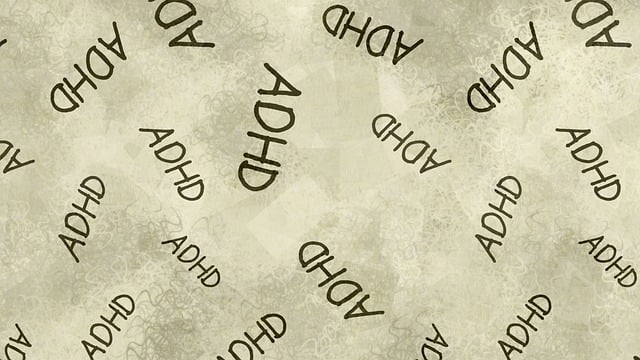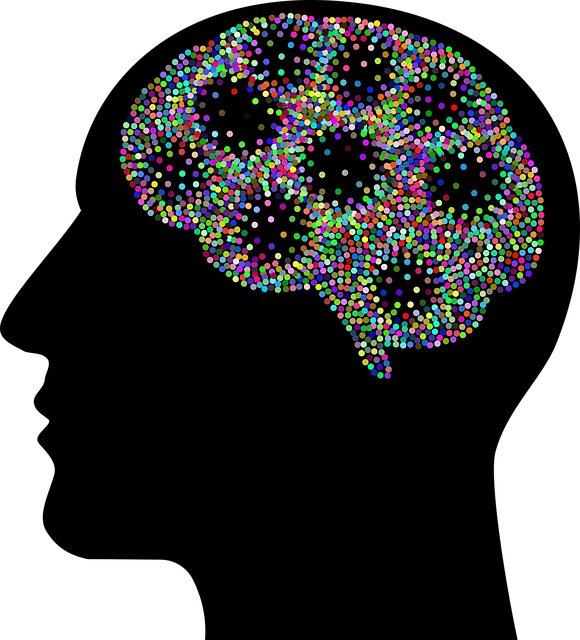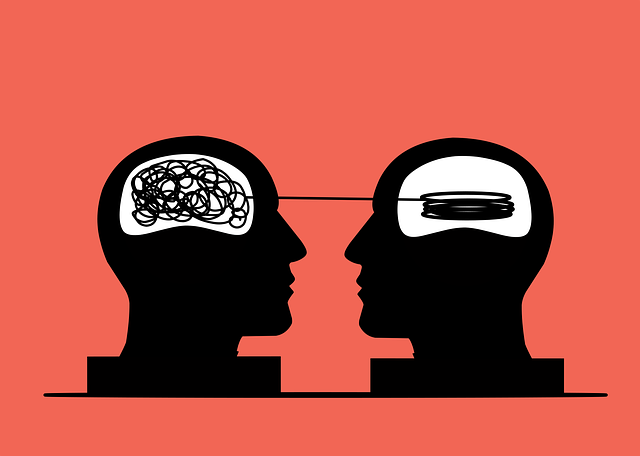Emotion regulation is a vital skill for adolescents, impacting academic performance, relationships, and mental well-being. Teaching effective techniques through therapy, especially tailored for trauma histories or low self-esteem, is crucial. Culturally sensitive practices like self-awareness exercises empower teens to manage emotions, improve self-esteem, and develop lifelong coping strategies. Trauma during adolescence can disrupt brain development, leading to long-term emotional regulation difficulties. Tailored therapy using communication strategies and journaling exercises helps process unaddressed trauma, improving mental health outcomes. Comprehensive risk assessments and evidence-based strategies enable therapists to foster resilience and adaptive coping mechanisms, enhancing teens' ability to navigate daily life.
Emotion regulation techniques are crucial for adolescent teens’ well-being, especially those who have experienced trauma. This article explores the profound impact of emotional processing on young minds and offers insights into effective therapy strategies. We delve into understanding trauma’s effects, providing a roadmap for professionals to support teens through evidence-based practices. From identifying emotional triggers to teaching coping skills, these techniques empower teenagers to navigate their feelings healthily, fostering resilience in the face of traumatic experiences. Discover practical strategies to enhance therapy outcomes and promote emotional well-being in this digital era.
- Understanding Emotion Regulation and Its Impact on Adolescent Teens
- Identifying Trauma and its Effect on Emotional Processing
- Teaching Effective Emotion Regulation Techniques in Therapy
- Practical Strategies for Supporting Teenagers with Traumatic Experiences
Understanding Emotion Regulation and Its Impact on Adolescent Teens

Emotion regulation is a critical skill for adolescents to develop as they navigate their changing bodies and identities. During adolescence, individuals experience a surge in emotional intensity, making this period particularly vulnerable to the impact of unprocessed emotions. Unregulated emotions can lead to difficulties in various aspects of life, including academic performance, interpersonal relationships, and overall mental well-being. Thus, teaching effective emotion regulation techniques is vital for fostering resilience and healthy development in teens.
For adolescent teens who may have experienced trauma or struggle with self-esteem, understanding and managing their emotions becomes even more essential. Therapy focused on emotion regulation can provide a safe space for them to explore and express their feelings. By incorporating culturally sensitive practices in mental healthcare, therapists can ensure that these techniques resonate with the teen’s background and experiences. Self-awareness exercises, for instance, can help teens recognize emotional triggers while promoting healthy self-esteem improvement. This holistic approach not only empowers adolescents to regulate their emotions but also equips them with lifelong coping strategies.
Identifying Trauma and its Effect on Emotional Processing

Trauma, especially among adolescent teens, can have profound effects on emotional processing, shaping their ability to manage and regulate feelings effectively. This is because traumatic experiences can disrupt the brain’s normal development, particularly in regions responsible for emotion control and memory formation. When left unaddressed, trauma can result in long-lasting difficulties in emotional regulation, leading to heightened stress responses and potential mental health challenges.
Understanding trauma is crucial in developing effective strategies for teaching emotion regulation. Therapy for adolescent teens with a history of trauma often involves exploring and processing these experiences through various techniques such as communication strategies and journaling exercises. Mental wellness coaching programs can be tailored to help individuals develop coping mechanisms, enhance self-awareness, and foster resilience, ultimately supporting their mental wellness journey.
Teaching Effective Emotion Regulation Techniques in Therapy

Teaching effective emotion regulation techniques is a cornerstone of therapy for adolescent teens, especially those who have experienced trauma. Therapists play a vital role in equipping young individuals with tools to manage their emotions healthily. Through structured sessions, mental health professionals can guide teens in developing self-awareness exercises that help them recognize and understand their emotional responses. This foundation is essential for risk management planning, as it enables adolescents to anticipate and cope with intense feelings before they escalate.
Incorporating evidence-based strategies into therapy involves a comprehensive approach. Mental health professionals should assess the client’s emotional triggers and history using detailed risk assessments. By doing so, they can tailor interventions that promote resilience and adaptive coping mechanisms. Effective emotion regulation techniques not only help in the therapeutic setting but also empower teens to navigate their daily lives with greater ease, fostering better mental health outcomes.
Practical Strategies for Supporting Teenagers with Traumatic Experiences

Supporting teenagers who have experienced trauma requires a nuanced approach that combines therapeutic techniques with practical strategies for emotional regulation. One effective method is integrating evidence-based therapies, such as cognitive behavioral therapy (CBT) or eye movement desensitization and reprocessing (EMDR), which help adolescents process traumatic memories and develop healthier coping mechanisms. These therapies encourage teens to understand their emotions, identify triggers, and learn skills to manage their moods effectively.
Additionally, fostering emotional intelligence can be transformative for this demographic. By teaching them self-awareness, empathy, and appropriate expression of emotions, teenagers gain valuable tools for navigating the challenges they face. This includes practicing mindfulness exercises, encouraging open dialogue about feelings, and providing a safe space where they can explore their experiences without judgment. Such strategies not only promote healing but also enhance overall emotional regulation, empowering teens to lead more balanced and fulfilling lives.
Emotion regulation techniques teaching plays a pivotal role in supporting adolescent teens, especially those who have experienced trauma. By understanding the impact of trauma on emotional processing and implementing effective therapy strategies, professionals can help teenagers navigate their feelings and develop healthy coping mechanisms. These techniques are crucial in fostering resilience and overall well-being among this vulnerable population, offering a promising path forward for therapy involving adolescent teens trauma.














